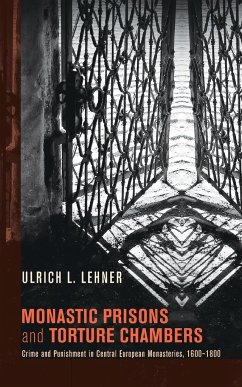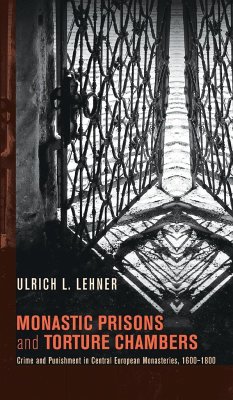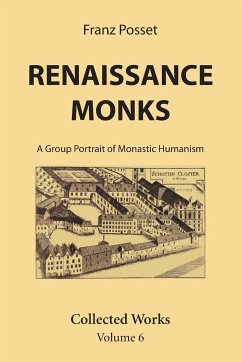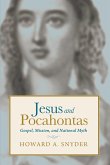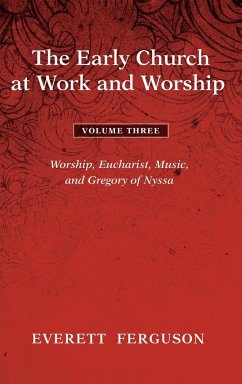Following the Council of Trent (1545-1563), Catholic religious orders underwent substantial reform. Nevertheless, on occasion monks and nuns had to be disciplined and--if they had committed a crime--punished. Consequently, many religious orders relied on sophisticated criminal law traditions that included torture, physical punishment, and prison sentences. Ulrich L. Lehner provides for the first time an overview of how monasteries in central Europe prosecuted crime and punished their members, and thus introduces a host of new questions for anyone interested in state-church relations, gender questions, the history of violence, or the development of modern monasticism.

